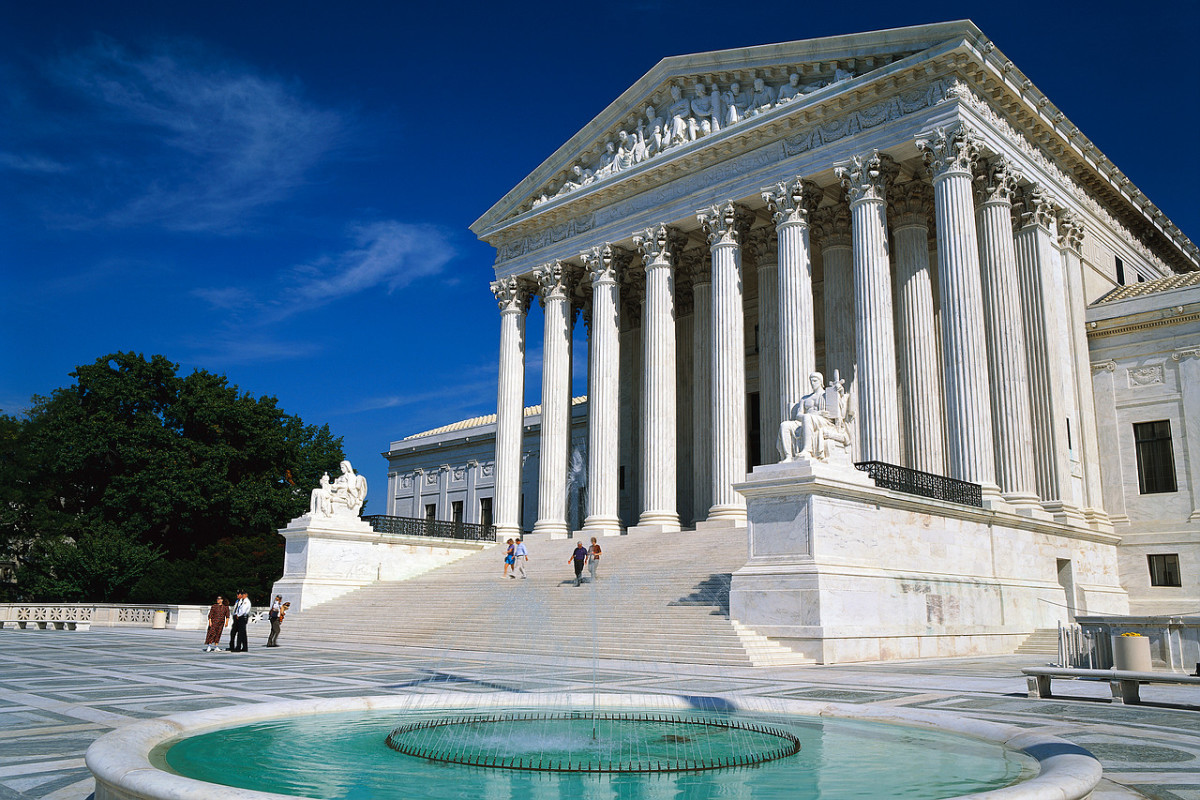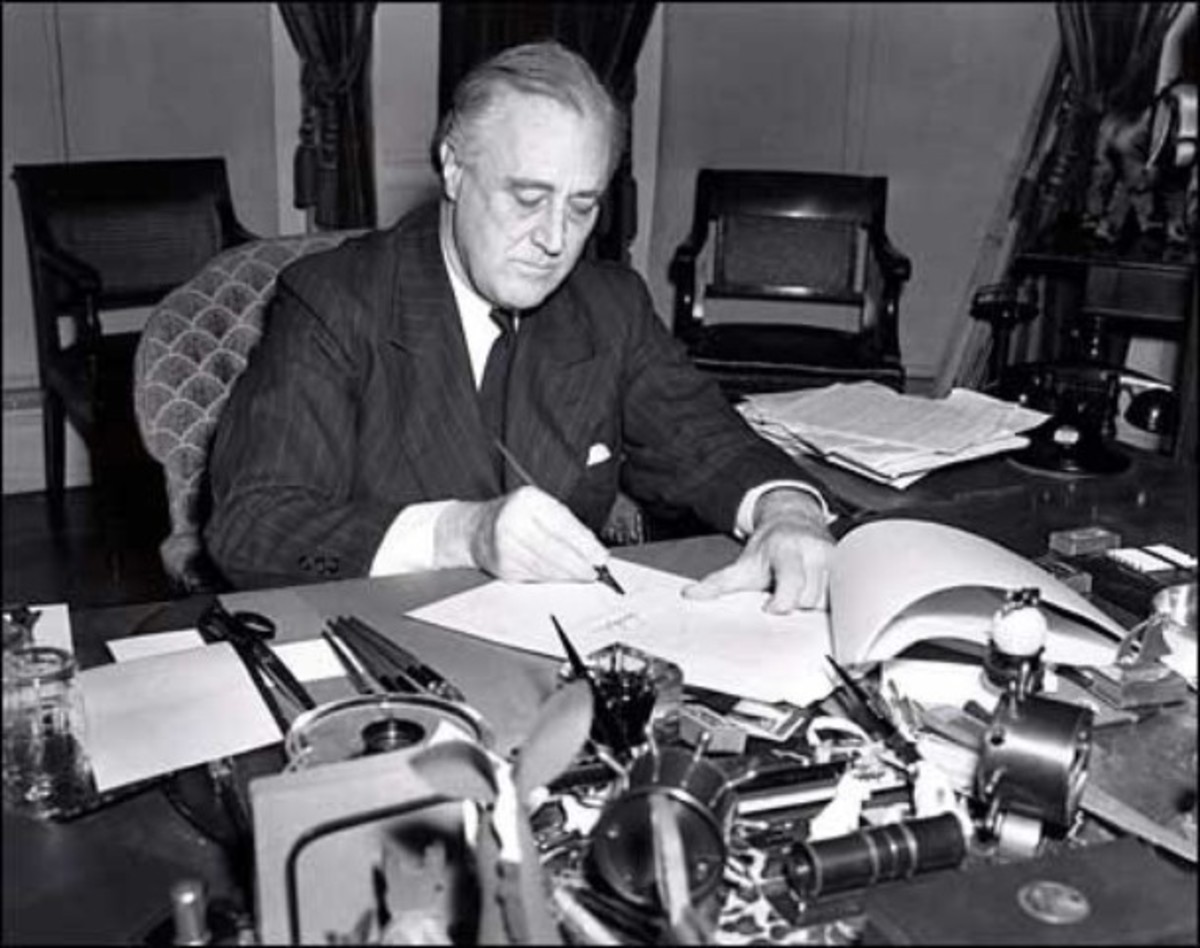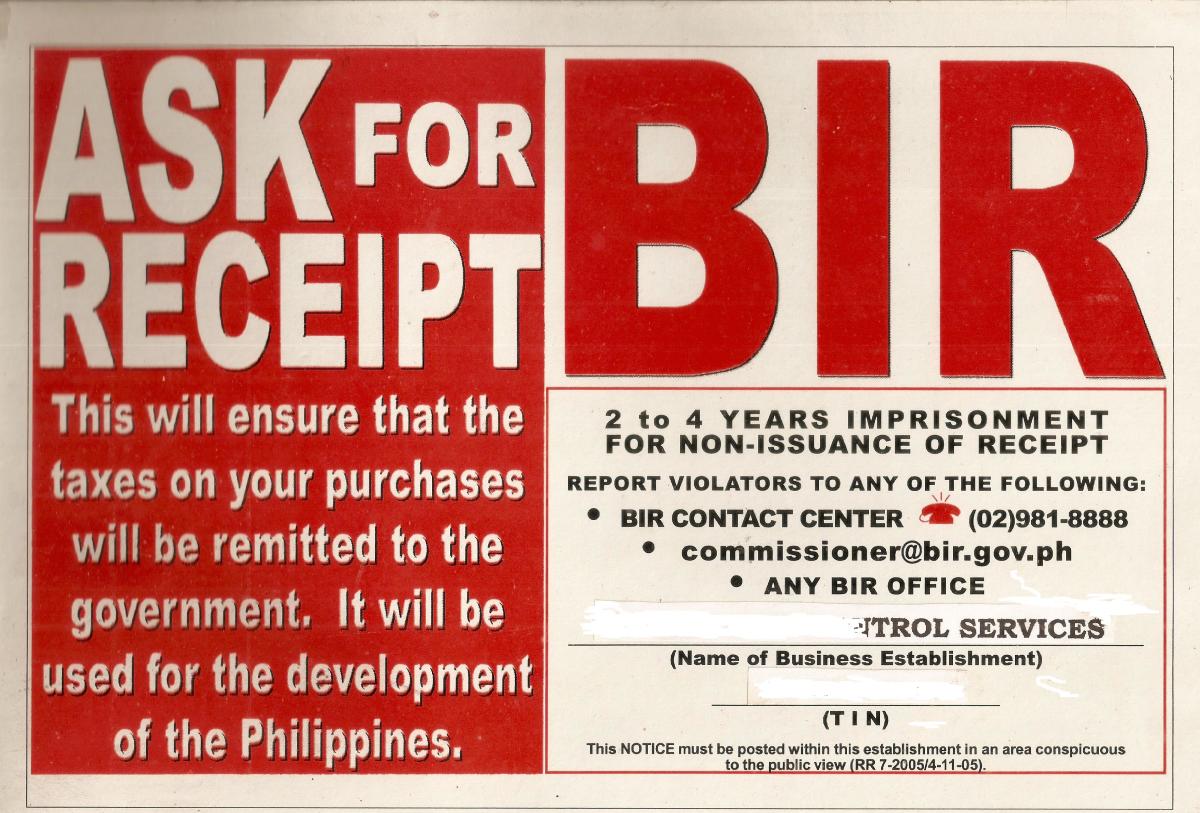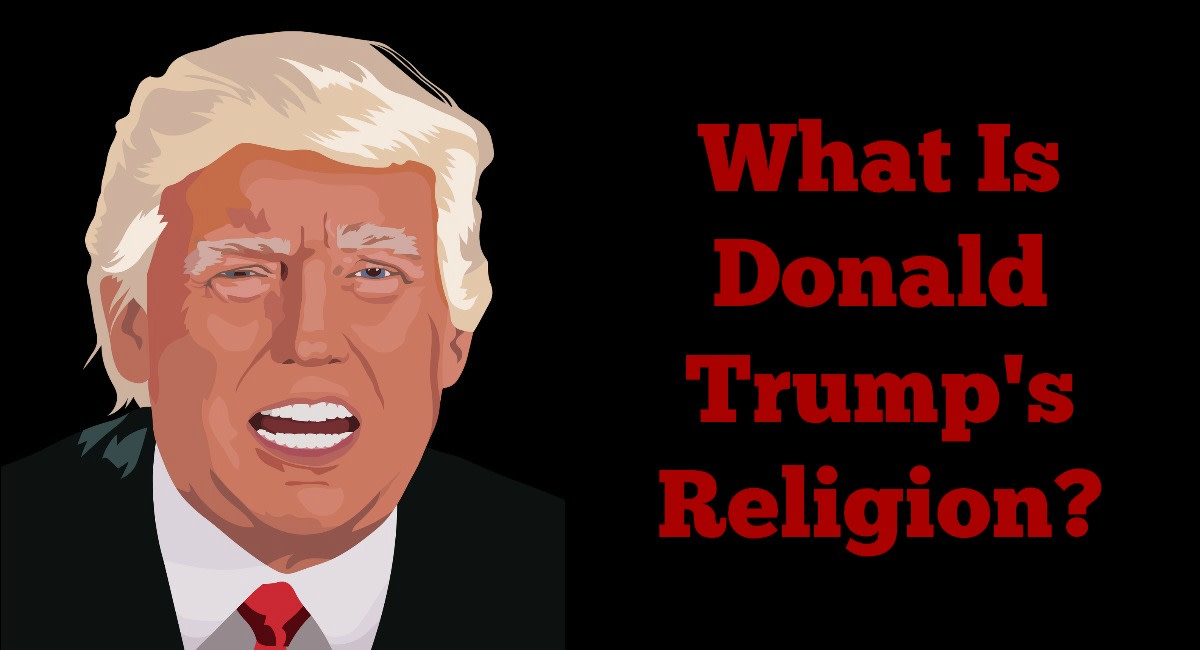Judicial Resistance: Unelected Power vs. the People’s President
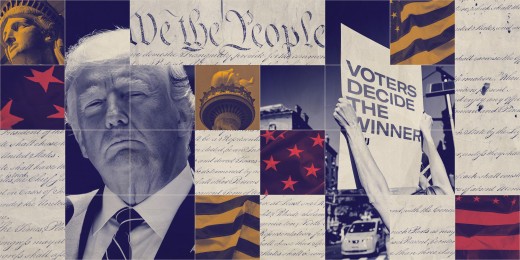
The Bench vs. the Ballot: Unelected Judges Undermining a Mandate
Just four and a half months into President Trump's second term, it's becoming clear that we are facing a judicial crisis unlike anything in modern American history. Despite being elected by a majority of Americans who demanded action, change, and a return to America First policies, his agenda is being stalled, if not outright sabotaged, by unelected federal judges issuing a flood of injunctions. This is not the natural back-and-forth of government checks and balances. This looks like open judicial warfare against the executive branch, and more importantly, against the will of the people.
Judicial Blockade: Courts vs. the Will of the People
Instead of allowing the President to carry out the platform he was elected on, activist judges, most appointed during earlier administrations, have responded with an avalanche of lawsuits and blockades. From the moment he was sworn back in, courts have sought to delay or halt policies that directly reflect promises made to the American people. These judges aren't legislating from the bench, they're obstructing from it. The sheer number of nationwide injunctions is historically unprecedented, and it gives the appearance that some in the judiciary are more interested in slow-walking or strangling Trump's agenda than interpreting the law.
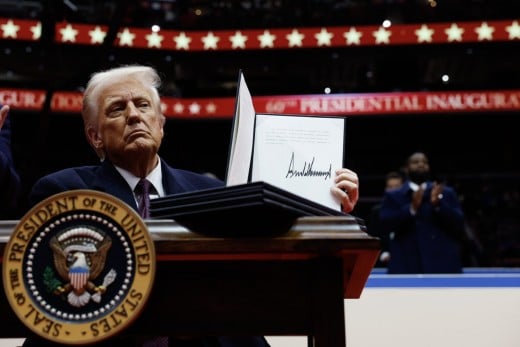
Legal Warfare, Constitutional Wins
What we are witnessing isn’t just legal opposition. It’s the denial of a democratic mandate. It’s judges using their benches as platforms for political opposition, issuing rulings that delay the implementation of policies Americans voted for. This is not what the Founders intended when they created a separate but equal judiciary. They did not expect unelected individuals to override the clear, constitutional authority of a President acting on the will of the people.
If this pattern continues, we may have to confront an even deeper question: what happens when the people’s voice is repeatedly overruled by those who were never elected to lead? This is not just a fight for the Trump administration. This is a fight for the integrity of our electoral system, the structure of our Republic, and the future of the presidency itself.
Beating the Bench: Courts Backs Trump’s Right to Lead
And yet, despite this relentless onslaught, President Trump continues to fight back, often taking these cases all the way to the Supreme Court and winning. Over the last four months, he has already prevailed in several major cases, affirming his executive authority and reaffirming that the office of the presidency still matters. These victories prove what many of us already believe: that much of what is being challenged isn’t unconstitutional, it’s just unpopular among the elite. But it’s popular with the American people, and that’s what matters.
Court wins---
1. Trump v. United States (2024): Presidential Immunity
In a landmark decision, the Supreme Court ruled 6–3 that a sitting or former president has absolute immunity from criminal prosecution for actions within their core constitutional duties, and presumptive immunity for other official acts. This ruling significantly bolstered President Trump's defense against federal charges related to the 2020 election, reinforcing the principle of executive independence. Wikipedia+2Wikipedia+2Forbes+2Forbes
2. Trump v. Anderson (2024): Ballot Eligibility
The Court unanimously overturned a Colorado Supreme Court decision that had disqualified Trump from the presidential ballot under the 14th Amendment's insurrection clause. The justices held that only Congress has the authority to enforce this provision, ensuring that individual states cannot unilaterally bar candidates from federal office. Wikipedia
3. J.G.G. v. Trump (2025): Immigration Enforcement
The Supreme Court vacated lower court orders that had blocked the administration's use of the Alien Enemies Act to deport certain noncitizens. The justices emphasized proper jurisdictional procedures, allowing the administration to proceed with its immigration policies while legal challenges continue. Wikipedia
4. Trump v. CASA (2025): Nationwide Injunctions
The Court agreed to hear a case concerning the scope of nationwide injunctions issued by lower courts, particularly in relation to Executive Order 14160, which sought to redefine birthright citizenship. While a final decision is pending, the Court's willingness to address this issue indicates a potential shift in limiting lower courts' power to block federal policies nationwide. Wikipedia
5. Trade Tariffs Reinstatement (2025)
The U.S. Court of Appeals temporarily reinstated President Trump's tariffs after a lower court had deemed them illegal. The administration is appealing the decision, and the case may reach the Supreme Court. This development underscores the judiciary's role in shaping trade policy and the administration's commitment to its economic agenda. The Guardian
These decisions collectively affirm President Trump's executive authority in various domains, from immunity and ballot access to immigration and trade. They reflect the judiciary's recognition of the constitutional powers vested in the presidency, reinforcing the administration's ability to implement its policy objectives.
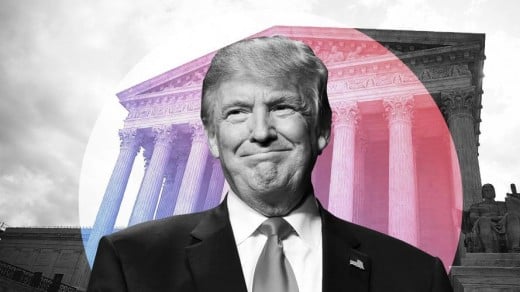
The Legal Slow Kill: Obstructing Trump One Lawsuit at a Time
The tactics are clear: weaponize the legal system to grind momentum to a halt. Force the administration into drawn-out legal battles that drain resources and time. Delay action on critical issues like border security, tax reform, energy independence, and executive restructuring. We've seen legal maneuvers that aim not to debate the constitutionality of policy, but to stop the President from acting at all. This isn't just resistance; it's sabotage through litigation.
To Close And share My Thoughts
As a conservative who believes deeply in the rule of law and the principles of our Constitution, I see this unprecedented judicial obstruction as a direct challenge not just to President Trump, but to the will of We The People. Our democracy depends on respecting the outcomes of free elections and allowing elected leaders to govern without constant judicial sabotage. It is time to restore balance by holding courts accountable and ensuring they do not become a tool for political agendas. The presidency must remain a powerful office, answerable to the voters, not to unelected judges who seem intent on thwarting the clear mandate of the American people. Our nation’s future depends on defending the voice of the majority and preserving the integrity of our constitutional Republic.


